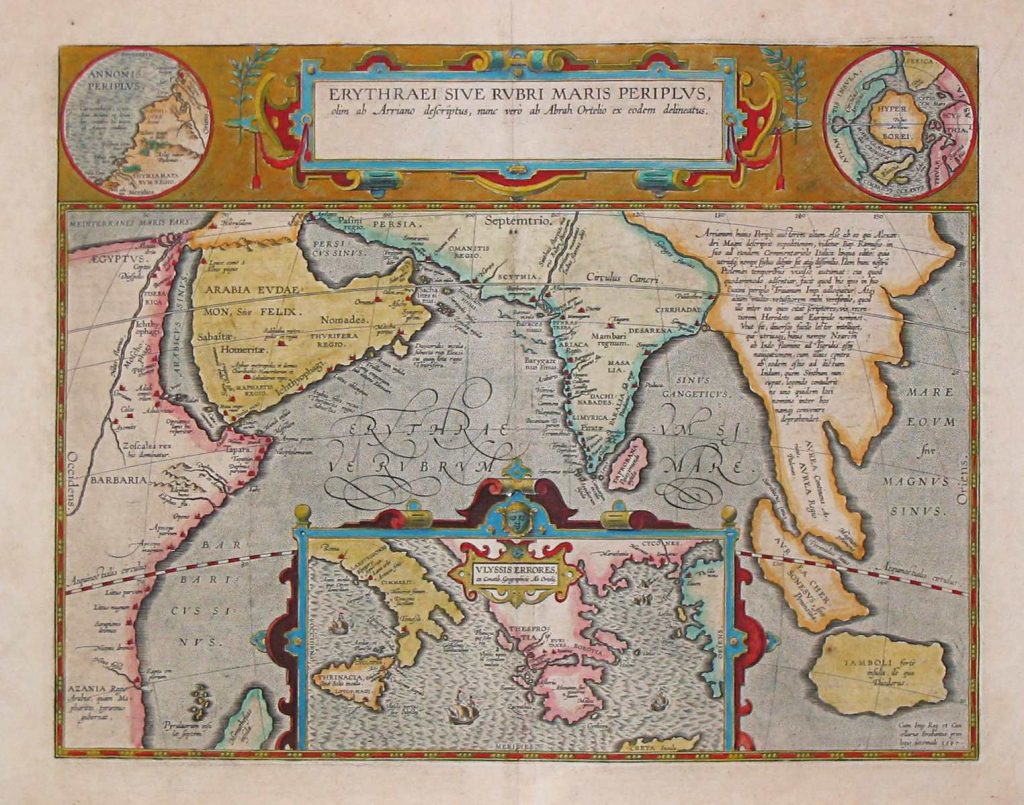A Spalding-Teape Plenary Lecture by Ionut Moise – “Theology of Difference: from India to Greece”

One of the most difficult problems in Western and Indian metaphysics is the ‘problem of universals.’ In other words, it is the temptation of any theological and philosophical system to define and demonstrate ‘being’ and ‘truth’ as a separate universal and generally valid to all. This lecture – supported by Spalding and Teape foundations – revisits Hick’s ‘pluralistic theology of religions’ (1989) and puts forward instead a ‘theology of immanent pluralism’ (a ‘theology of difference’) according to which truth is not to be explained in relation to an ‘ultimate divine Reality’ but rather explained in relation to an ‘immanent plurality’ that defines any being. This differentiated way of looking at the nature of ‘being’ and ‘substance’ can be found in at least 5 philosophical traditions: Indian (Vaiśeṣika, and Dvaita Vedānta), Latin (Cicero), Byzantine (Maximus the Confessor), Syriac (Ephrem of Nisibis) and Arabic (Alkindi). The contribution of this presentation is two-fold: conceptual (to elucidate if ‘being’ is an individual or a universal) and methodological (to elucidate that difference is not division). This reflection will eventually be relevant to comparative religion and inter-religious dialogue, but also to other fields such as the ethics of legal law, creativity in arts and in the artificial intelligence debate.
Ionut Moise is Spalding-Teape Visiting Fellow at Clare Hall, and his current project focuses on metaphysics in Western and Indian philosophy particularly the reception and interpretation of the category ‘differentia’ in several philosophical traditions.
Venue:
Clare Hall Meeting Room at 17:30 – prosecco and canapés included.
Open to all, no registration required.